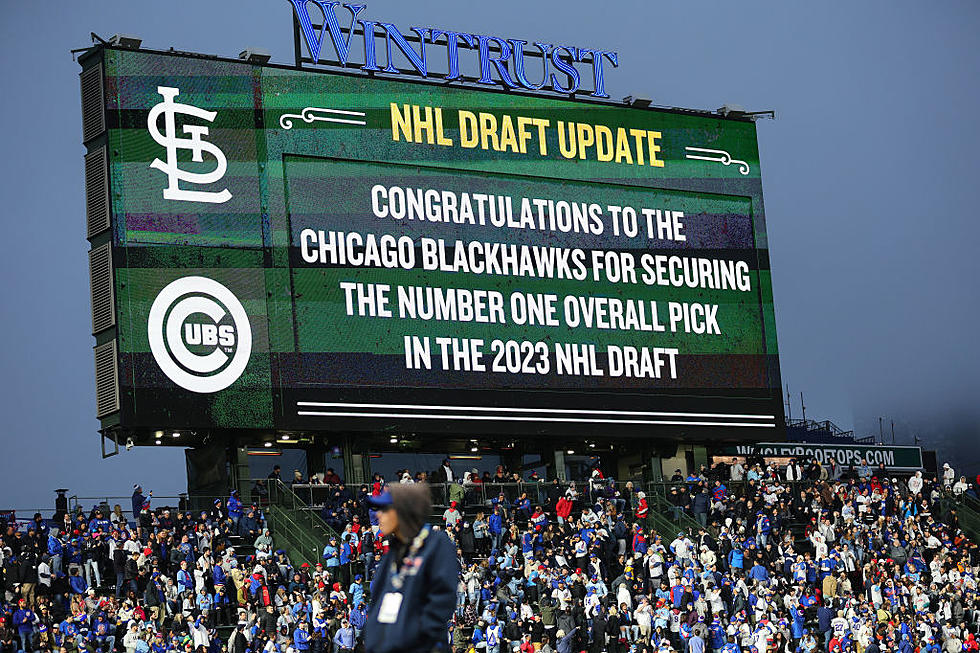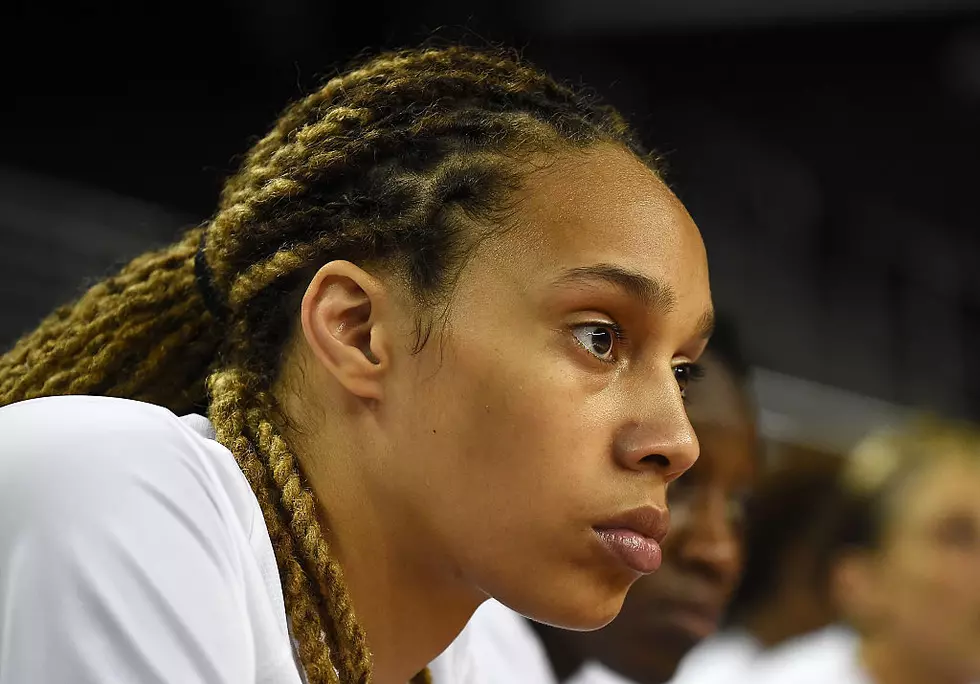
IAAF Holds Firm on Doping: Russian Track and Field Athletes Are Out of Rio Olympics
VIENNA (AP) — The IAAF upheld its ban on Russia's track and field team for the Rio de Janeiro Olympics on Friday in a landmark decision that punishes the world power for systematic doping.
The Russian sports ministry said it was notified of the decision by track and field's world governing body, which ruled that the country had not done enough to earn reinstatement.
The suspension was imposed in November following a report by a World Anti-Doping Agency commission that alleged state-sponsored cheating, corruption and cover-ups in Russian track and field.
The Russian ministry said it was "extremely disappointed" by the decision to ban the entire team from the Rio Games. It appealed to the IOC to "consider the impact that our athletes' exclusion will have on the dreams and the people of Russia."
The International Olympic Committee has scheduled a summit of sports leaders next Tuesday to address "the difficult decision between collective responsibility and individual justice."
That meeting could potentially open the door for individual athletes who have never been accused of doping and are deemed to be clean to compete at the games.
"We will look at the next step for us," IOC vice president John Coates said earlier in Australia. "It's the IOC who have been testing and re-testing samples. The debate next Tuesday will be on the issue of individual justice and rights."
The decision to uphold the ban came in a meeting of the IAAF's ruling council. The IAAF acted on a recommendation by a special task force that has monitored Russia's reform efforts.
The meeting came two days after a new WADA report cited continuing obstruction and violations of drug-testing in Russia.
"We are extremely disappointed by the IAAF's decision to uphold the ban on all of our track and field athletes, creating the unprecedented situation of a whole nation's track and field athletes being banned from the Olympics," the Russian sports ministry said. "Clean athletes' dreams are being destroyed because of the reprehensible behavior of other athletes and officials. They have sacrificed years of their lives striving to compete at the Olympics and now that sacrifice looks likely to be wasted.
"We now appeal to the members of the International Olympic Committee to not only consider the impact that our athletes' exclusion will have on their dreams and the people of Russia, but also that the Olympics themselves will be diminished by their absence," the statement said. "The games are supposed to be a source of unity, and we hope that they remain as a way of bringing people together."
The IAAF rejected a last-minute plea by Russian Sports Minister Vitaly Mutko, who claimed the country had clean up its anti-doping system and met all the requirements for readmission.
"We firmly believe that clean athletes should not be punished for the actions of others," he said in an open letter to IAAF President Sebastian Coe. "Russia is doing everything possible to ensure our athletes are a part of clean and fair Olympic Games. In light of our efforts, I urge you to reconsider the ban on our athletes."
Two-time Olympic pole vault champion Yelena Isinbayeva is among the Russian athletes hoping to compete in Rio. She has threatened to go to court on human rights grounds if excluded from the games. Other cases could end up in the Court of Arbitration for Sport.
Many sports officials and athlete groups outside Russia called on the IAAF and IOC to take a hard line, citing a loss of faith in the entire drug-testing system. Evidence of state-sponsored doping should be enough to disqualify the whole track team, they contend.
Former WADA president Dick Pound, whose report led to Russia's suspension, said he saw little reason for the ban to be lifted.
"I don't think it's an easy case to make that all should be forgiven," he told The Associated Press. "A lot of credibility is at stake for the Russians, the IAAF and the IOC. If you're convinced it's a state administered system, your athletes have to pay the price for that."
More From 1460 ESPN









